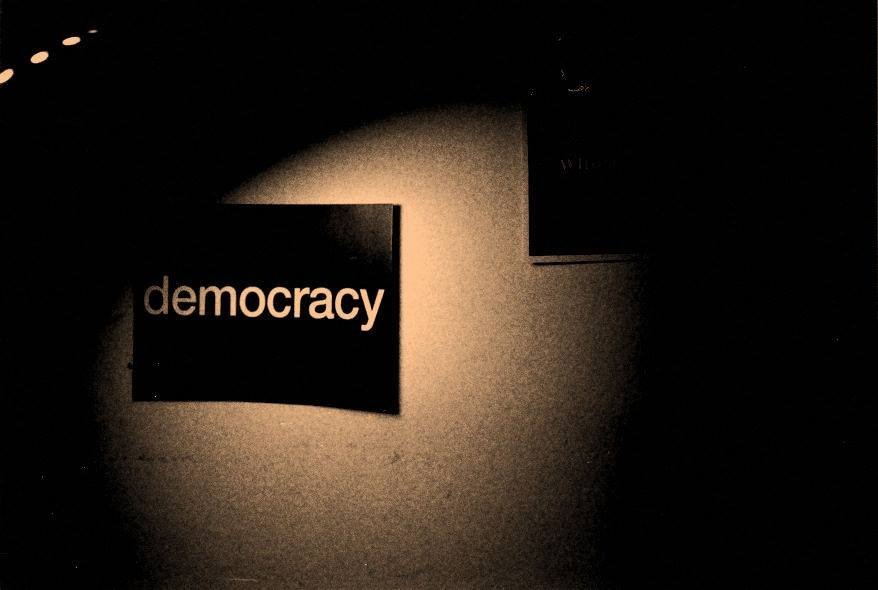LATVIA: CSO warns of “deliberate weakening” of civil society
Latvijas Pilsoniskā alianse: valsts vēlme veidot nevalstisku organizāciju rada draudus demokrātijai https://t.co/66cNJ7P261 pic.twitter.com/ar2fp9bW5e
— NVO.lv (@alianse) January 17, 2018
The Latvian Civic Alliance has recently warned of a “deliberate weakening” of the civil society sector in Latvia following a decision by the government to set up its own NGO.
In January 2018, the Ministry of Education and Science proposed the creation of a new national “non-governmental” organisation, which would assume a wide range of functions, including certifying teachers and improving educational programmes. According to the Minister, the goal is to create a professional NGO working on education that would encourage the formation of teacher-led associations. A ministerial spokesperson asserted that:
“We have very good examples of how professional organisations – whether they are doctors, lawyers or architects – are setting their quality standards and standards on their initiative, and the system becomes internally robust“. (Translated from Latvian)
However, there are concerns over the Ministry taking charge for the creation of such an entity, as Inga Vanaga, head of the Latvian Trade Union of Education and Science Employees, declared:
“We see that the Ministry wants to coordinate the formation of a new national non-governmental organization. We believe that this should not be done by the Ministry“. (Translated from Latvian)
. @lizda_lv neizpratnē par @IZM_gov_lv plānu veidot jaunu nozares nevalstisko organizāciju https://t.co/CTWX4u8ptl
— LSM ziņu portāls (@lsmlv) January 9, 2018
The Latvian Civic Alliance also expressed its concerns over the government’s proposal, stating that:
“In countries such as China and Russia, non-governmental organizations organized by the government are common practice, offering the government the illusion that its views are in line with those of the public. Therefore, the idea of the Ministry of Education and Science is a signal that Latvia’s democracy is moving in the wrong direction“.
Regulating the sector
Latvijas Pilsoniskā alianse: valsts vēlme veidot nevalstisku organizāciju rada draudus demokrātijai https://t.co/jIxfwlYY5h
— NVO.lv (@alianse) January 9, 2018
The Ministry’s proposal comes in the wake of tightening regulations of civil society organisations in Latvia. On 2nd November 2017, the Saeima (Latvia’s unicameral parliament) adopted amendments to the Law on Associations and Foundations which foresee significant changes to rules governing the finances and accounting of associations and foundations. The amendments aim to ensure that the activities of organisations comply with “national security interests”. They also grant new powers for public authorities to request detailed reports, prohibit public activities and freeze bank accounts of organisations. Authorities now have the power to shut down organisations in cases where activities are deemed to endanger the “independence and territorial indivisibility of the Republic of Latvia, encourage violent changes to the state’s apparatus or the non-compliance with the state law, stimulates violence, national and racial hatred, openly promote Nazism, fascist or communist ideology, carry out war propaganda, praise or invoke criminal offenses and other offenses”.
Weakening the sector
These changes are viewed by local civil society groups as attempts by the government to weaken civil society. According to Latvian civil society sources, over the past two years the Latvian government has taken a number of actions which have negatively impacted civil society organisations. Among the threats to civic space in Latvia, organisations are concerned about legislation aimed at restricting civil liberties and cutting public funding to NGOs. In addition, civil society believes the sector is not as included as it should be in the policy-making process.
There are also concerns over the government’s attempts to curtail funding to the sector. Companies donating money to the nonprofit sector have enjoyed tax breaks. The government, however, has proposed to abolish these tax breaks, thereby discouraging firms from donating. Civil society representatives opposed this action and have been in a dialogue with the government over its proposals on the tax breaks for donations to the sector.
Vilifying the sector
Civil society also reports that government officials have publicly attacked the sector, thus creating a negative public image and distrust of civil society organisations. The attacks against civil society organisations can also be found in the media, where disinformation is spread on how and from which sources organisations receive funding. For example, on 12th February 2018 the Latvian Civic Alliance was attacked for being a “sorosite”, in regards to George Soros’ organisation which has been vilified by governments around the world for funding NGOs and other initiatives.
Originally published on CIVICUS Monitor
Featured image via https://twitter.com/alianse/status/953596885633327104

